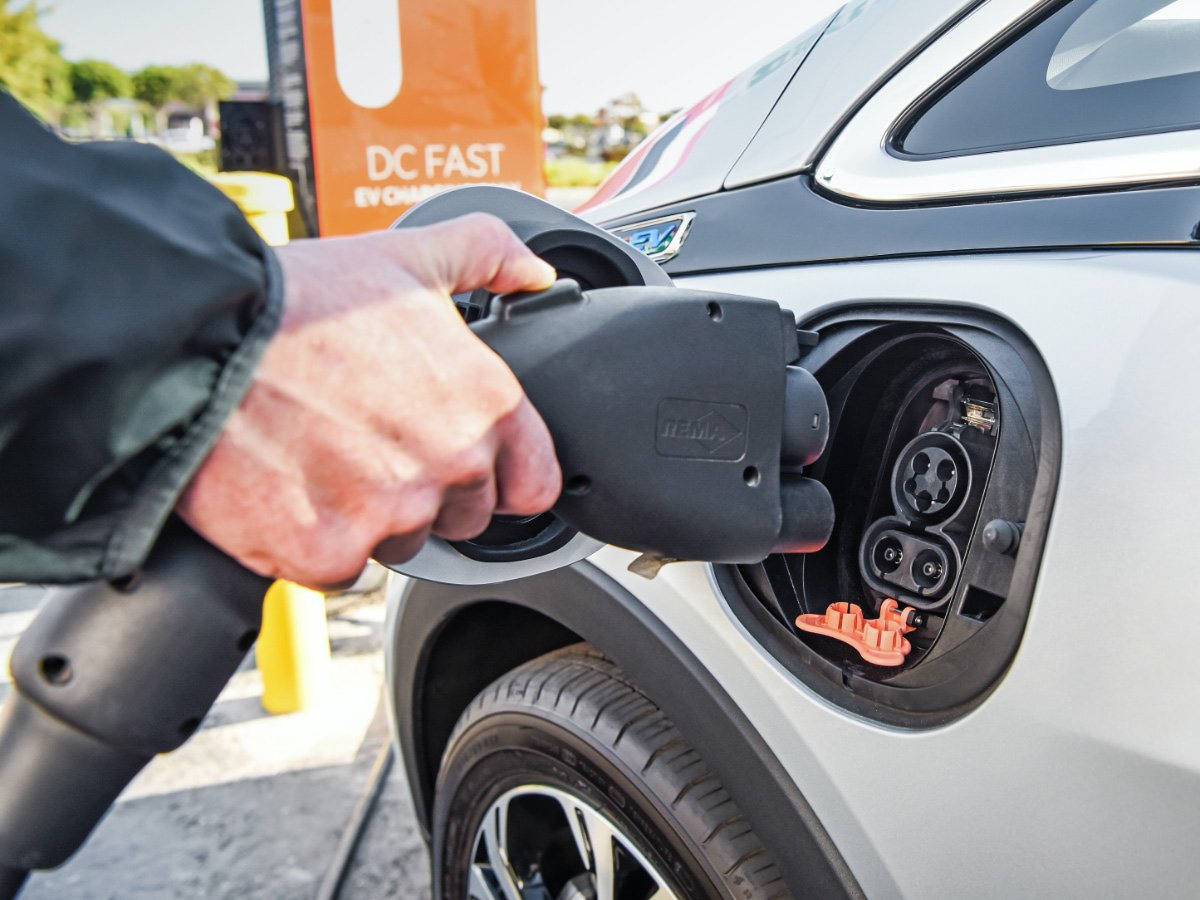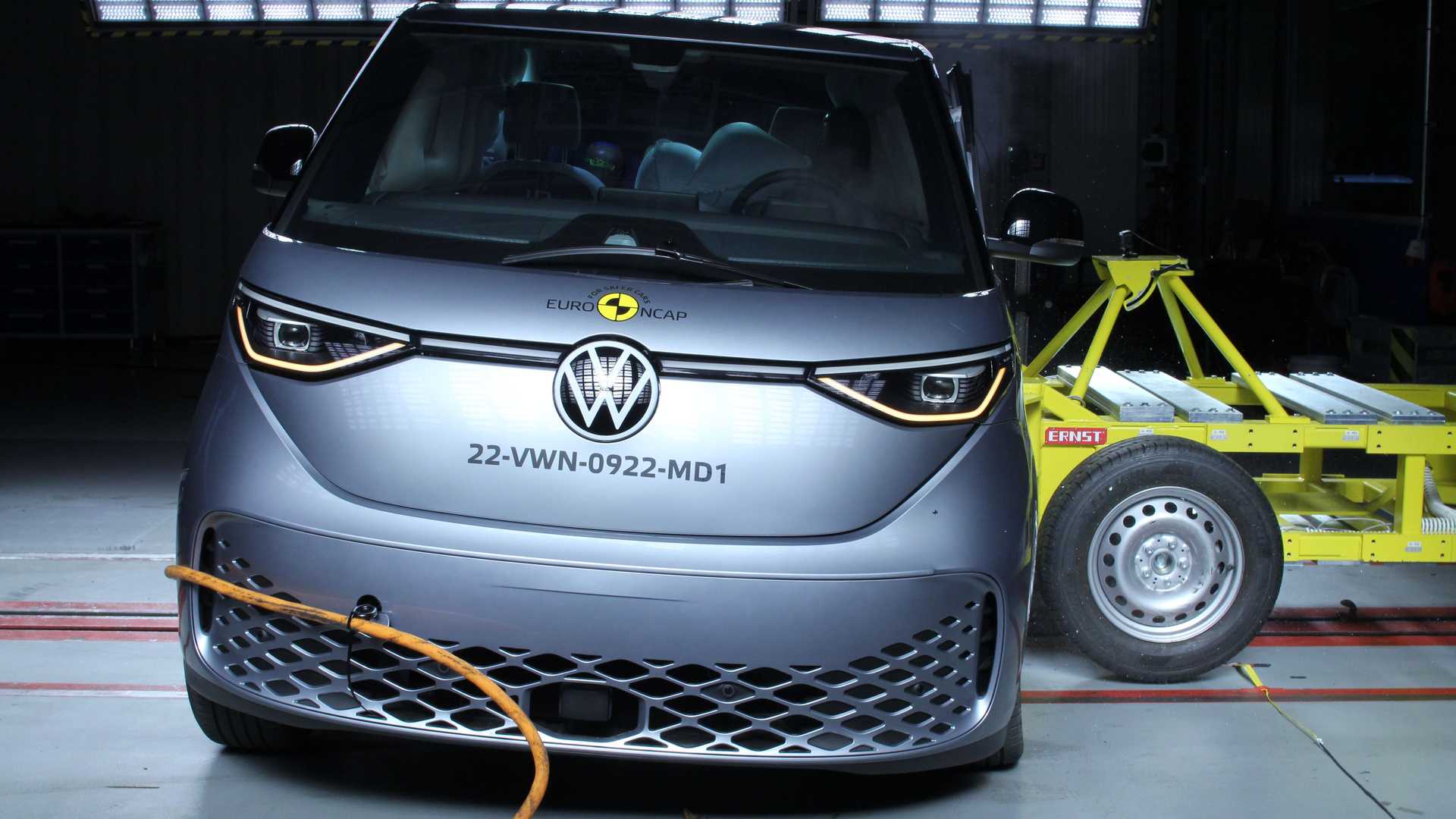Check Point Software Technologies, as a global provider of cyber security solutions, highlights cyber threats that can come at electric vehicle (EV) charging points.
In his statement, Business Leader ASEAN & Korea Check Point Software, Teong Eng Guan, started his spotlight from the efforts of many countries to encourage the shift to greener technologies to fight climate change.
For example in the Southeast Asia region, there is Singapore which is targeting to make electric vehicle chargers more accessible through at least 60,000 charging points by 2030.
They also plan to phase out combustion engine vehicles by 2040.
In addition, there is also Thailand, which has announced several tax-related measures that boost domestic demand for electric vehicles.
Unfortunately, with the various targets and regulations that make automotive companies increase production of their new electric vehicles, the automotive industry is not doing enough to address possible cybersecurity problems. Because, however, basically in electric car technology many use IoT (Internet of Things) devices.
According to Teong Eng Guan, concerns over cybersecurity could become another obstacle to the future growth of the electric vehicle market, so it is imperative that the industry takes this threat seriously.
When a user charges their vehicle, for example, there will be a data connection between the vehicle and the charging hub. Where charging stations will be connected to the internet, and like other IoT devices, vulnerable to the actions of cybercriminals.
If threat actors or cybercriminals are able to gain access to charging centers, a number of serious consequences could occur. As follows:
Theoretically, through an EV charging point, a hacker could access a vehicle’s engine management system and compromise safety, performance, or disable the vehicle altogether.
Imagine if the vehicle in question was an ambulance, the delay in which could be life-threatening. Making the risks that could arise from these threats the greater the implications.
Disabling the Electric Vehicle Charging Network
Hackers or cybercriminals can also cripple entire charging hub networks by exploiting only one vulnerability in a single device.
This needs to be highlighted, because if it happens, it can result in lost revenue for the operator as well as incalculable disruption to the road network. At the moment there is no existing protection solution.
As well as shutting down the electric vehicle hub network, hackers were also able to access operator management software and drop ransomware resulting in financial and reputational losses.
Also, many commercial fleets are turning to electric power and hackers can disable entire shipping operations from just their laptops.
Finally, cyberthreat actors also have the potential to compromise payment systems at electric vehicle hubs. Where if that happens, it will obviously cause financial loss, not only for the driver, but also the network operator.
In a recent Check Point Research report, for example, it was revealed that there had been an increase in ransomware attacks globally by up to 59%. Including the Asian region, the region experienced the most cyberattacks in the third quarter of 2022, with an average of 1,778 weekly attacks per organization.
Based on this data, Teong Eng Guan believes the potential to exploit electric vehicle charging stations may be imminent. Thus, it is important to protect the newer and more environmentally friendly technologies.
“Unsecured charging devices are an open door for increasingly sophisticated threat actors, but there are proven IoT security solutions out there that can prevent such attacks and further promote the development of sustainable journeys,” said Teong Eng Guan.







